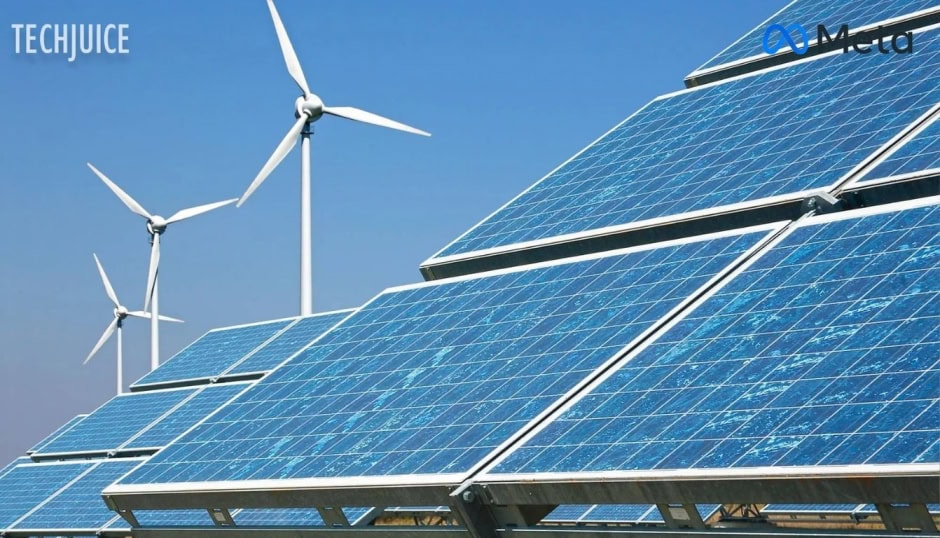Meta Expands Renewable Portfolio with 200 Megawatts of Solar

Meta has announced this week the purchase of 200 megawatts of solar energy from the international electric company Engie, reaffirming its commitment to green energy. This acquisition is a significant step as Meta expands its data center operations to support its growing artificial intelligence goals. With a renewable energy portfolio already surpassing 12 gigawatts, the company continues to strengthen its sustainability efforts.
How Renewables Are Driving Meta’s Expansion
A new solar farm has gone up close to one of Meta’s Texas data centres, demonstrating the company’s commitment to using sustainable energy to run its business. Meta previously announced in December its intention to construct a 2-gigawatt data centre in Louisiana; but, in contrast to its renewable energy initiatives, this facility will use natural gas.
Meta and other tech companies are facing rising energy demands due to the deployment of AI servers, making renewable energy sources an essential component. In light of a new study predicting that 50% of all AI servers may be underpowered by 2027 as a result of rising energy demands, renewable energy initiatives such as Meta’s solar farm are essential for achieving long-term sustainability.
Tech corporations have been showing a lot of support for nuclear entrepreneurs, with several deals announced towards the end of last year. Starting in 2030, a partnership between Google and Kairos will install 500 MW of small modular nuclear reactors. A 300 MW power purchase agreement between Amazon and X-Energy is set to go live in the early 2030s.
Meta also joined the battle in December, announcing that it will be seeking bids from nuclear power developers for one to four gigawatts of power by the early 2030s. Plan submissions are due on February 7th.
While nuclear power has received a lot of attention, renewable energy sources have been steadily increasing their capacity, which has allowed businesses like Meta to increase their computing power. Microsoft is collaborating with Acadia Infrastructure Capital on a $9 billion project, while Google is supporting a $20 billion renewable plan with Intersect Power and TPG Rise.
For nuclear companies, one of the biggest obstacles will be the deployment speed of renewables. As an example, Meta plans to launch their new solar farm in 2025.
Sharing clear, practical insights on tech, lifestyle, and business. Always curious and eager to connect with readers.


 2 min read
2 min read
















